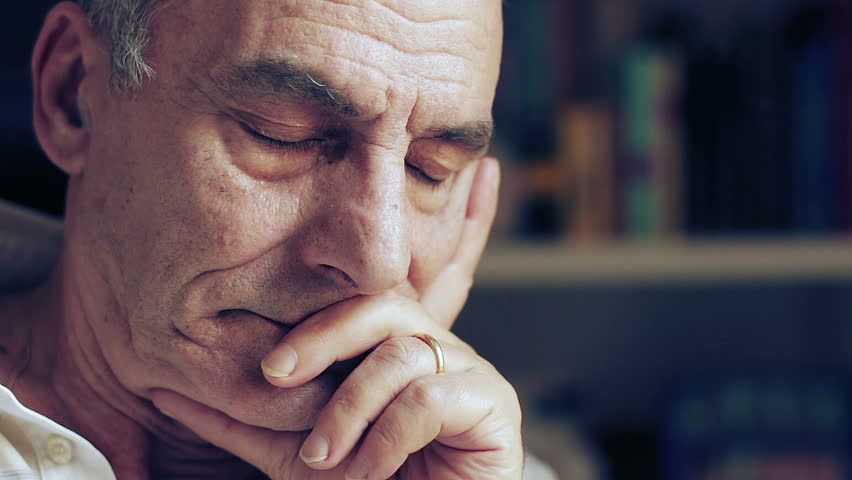Cancer-related fatigue or the severe fatigue that often results from chemotherapy and/or radiation is a direct result of the therapy prescribed to kill your cancer. Your oncologist prescribed therapies shown to manage cancer while at the same time cause DNA damage, senescence and inflammation. For the rest of your life.
The research linked and excerpted below confirms this. Sadly, conventional oncology has little idea how to treat this debilitating side effect.
The cancer itself can cause fatigue to the patient. This post focuses mainly on the fatigue caused by chemotherapy and radiation and the therapies shown to manage it.
According to the third article linked below, almost a quarter of cancer survivors live with cancer-related fatigue for years after completion of active therapies.

Because there are no conventional or FDA approved CRF therapies, the issue then is evidence-based non-conventional therapies. Meaning, you will get little if any help from your board-certified physicians on the treatment of mind-body therapies such as fatigue.
The non-conventional therapies listed below are a combination of those included in the study below as well as my experience as a long-term cancer survivor.
Chances are you aren’t going to have the time, money and inclination to undergo all 13 therapies listed above. However, many of the above therapies overlap with therapies for other common side effects such as the pain that can result from chemo and radiation, reducing your risk of a treatment-related secondary cancer, those types of side effects.
I lump managing my fatigue with managing possible depression, anxiety, PTSD, etc. etc. At this point, almost 30 years after my diagnosis of an incurable blood cancer called multiple myeloma, my fatigue, like my other long-term side effects, lives in the background of my day.
I utilize therapies daily, weekly, etc. but I know that if I overdo it, such as too much activity, too much exercise, too little sleep, etc. I know that exhaustion is my only remediation.
My point is that you the cancer survivor must identify what, if any long-term mind-body side effects you may have, and find and pursue those therapies that fit into your schedule and budget.
I moderately exercise every morning, supplement, eat a clean, low-fat, high fiber diet, get plenty of sleep, nap a bit each day, get acupuncture weekly, all in an effort to manage all of my long-term and late stage side effects, and manage my life as a long-term cancer survivor in general.
Exercise, nutrition, supplementation, sleep, acupuncture and many other therapies overlap one another. Meaning, Acupuncture helps me manage chronic pain, chronic fatigue, avascular necrosis, and more.
Cancer-related fatigue is one of the most common long-term side effects experienced by cancer survivors. Not only will your oncologist not warn you about it, he/she will not offer any therapies to manage it. You are on your own.
Are you a cancer survivor? What type? Do you live with any long-term or late stage side effects? Do you live with fatigue? Scroll down the page, post a question or a comment and I will reply to you ASAP.
Good luck,
David Emerson
- Cancer Survivor
- Cancer Coach
- Director PeopleBeatingCancer
“Many cancer patients suffer from severe fatigue when treated with chemotherapy or radiotherapy; however, the etiology and pathogenesis of this kind of fatigue remains unknown. Fatigue is associated with cancer itself, as well as adjuvant therapies and can persist for a long time. Cancer patients present a high degree of fatigue, which dramatically affects the quality of their everyday life…”
““Fatigue, which can be long-lasting, is a big deal for patients on chemotherapy,” said UNC Lineberger Director Norman E. Sharpless, MD, and a co-author of the study, “Years later they often say that was the worst part of the treatment…”
“Cancer-related fatigue (CRF) has an enormous adverse impact on quality of life and subsequent therapy of cancer patients. Complementary and alternative medicine (CAM) is reported to improve CRF in many systematic reviews (SRs), but the effects are controversial because of variations in the quality and outcomes…
Cancer related fatigue (CRF), caused by cancer or cancer treatment, is perceived as a distressing, persistent sense of tiredness or exhaustion characterized by physical, emotional, and/or cognitive fatigue.2
It has an enormous adverse impact on the
- usual functioning,
- quality of life (QoL), and
- subsequent therapy of cancer patients,
which leads to poor prognosis. According to a meta-analysis involving 144 813 patients, the prevalence of CRF was 52%.3 In addition, other reports have shown that 80% of cancer patients after chemotherapy experience CRF, and almost 25% of cancer survivors are also affected by CRF, lasting from months to years, even over a decade.4,5…
Conclusion
This overview demonstrates that CAM interventions, particularly
- yoga,
- Tai Chi,
- acupuncture,
- moxibustion,
- acupressure,
- massage, and
- dietary supplements of ginseng,
improve CRF in adults with cancer. The roles of qigong, music, auricular point therapy, other dietary supplements, and other traditional Chinese medicines in CRF need further evaluation, as some data show encouraging results.
The evidence for improvements in QoL, depression, anxiety, and sleep was more robust than that for other outcomes (pain, physical function, and BMI) and biological indices (cortisol and IL-6). However, given the heterogeneity of the included SRs and the low quality of original RCTs, conducting further research with rigorous methodological designs and sufficient sample sizes is still necessary. Additionally, performing SRs with high quality and reporting of comprehensive findings is essential…”




